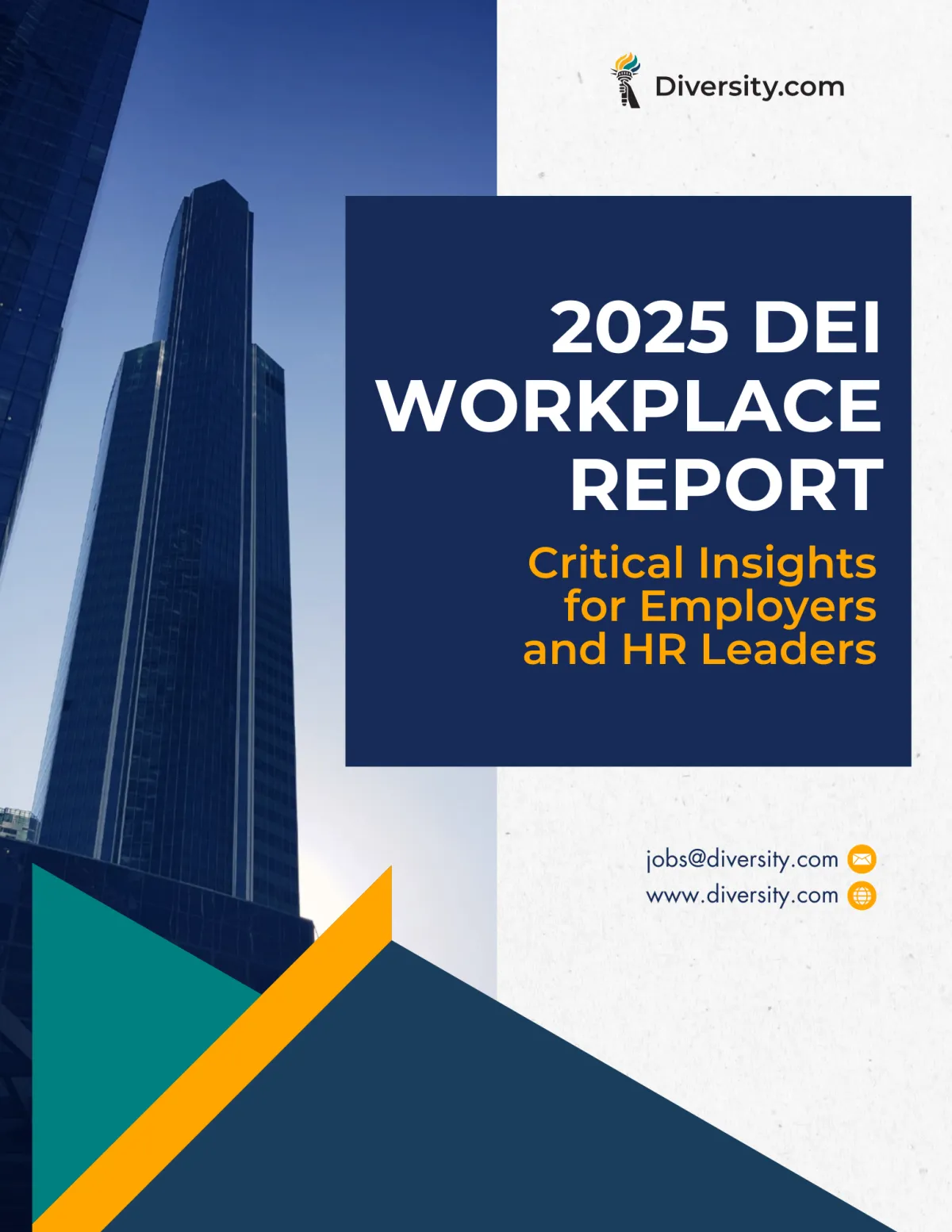
Why Companies Are Reframing DEI Language in 2025
In 2025, conversations about diversity and inclusion aren’t disappearing, but the words used to describe them are changing.
Faced with legal pressure, political backlash, and cultural fatigue, many companies are rebranding their DEI initiatives using more palatable terms like “belonging,” “inclusive culture,” or “fairness.”
The shift isn’t just linguistic. It reflects deeper questions about how to maintain commitment to equity in a time when the language of DEI itself has become politicized.
The Shift in Terminology
Some of the most visible companies have begun swapping out traditional DEI terms with softer alternatives.
For example, USAA recently updated its internal language from "DEI" to "belonging," reflecting broader trends in the corporate world (Kelley, 2025).
This move follows a wave of strategic pivots: Goldman Sachs scrubbed race-specific terms like "Black" from parts of its diversity initiative web page (Pagones, 2025).
And according to an analysis by The Washington Post, mentions of "diversity," "equity," and "inclusion" in SEC filings have declined sharply in 2025 (Telford & Frankel, 2025).
Why Companies Are Doing This
There are a few key drivers behind the language shift:
Political and legal scrutiny: The rollback of affirmative action and executive orders challenging race-conscious practices have made traditional DEI language riskier, especially for government contractors or grant recipients.
Brand safety and public perception: In a polarized environment, companies are wary of alienating stakeholders, donors, or customers.
Repositioning, not retreating: For some, the change is about optics. For others, it’s a genuine effort to evolve inclusion efforts to be more universally understood and accepted.
Benefits and Risks of Reframing
Changing how you talk about DEI can help you reach broader audiences and avoid political landmines. However, it also carries real risks:
Benefit: Terms like "belonging" may feel more personal and less bureaucratic.
Risk: Avoiding the word "equity" can erase the recognition that unequal systems exist in the first place.
Reframing should not mean retreating. Language evolution is effective only if it’s paired with continued action and accountability.
Sector-Specific Implications
Universities
State-imposed restrictions have led many public colleges to remove DEI offices or rename them using broader titles like "Student Success Centers."
Reframing is sometimes necessary to preserve services in a hostile climate.
Nonprofits
Grant-seeking organizations are navigating complex terrain.
Some are adjusting the language in funding proposals to avoid triggering legal audits while still committing to inclusion outcomes.
Government Agencies
Agencies have been advised to avoid explicit DEI language in internal communications.
This has created tension between federal guidance and internal commitments to fairness, accessibility, and representation.
Conclusion
Inclusion is still happening, even when the words for it are shifting. But language alone doesn’t guarantee progress.
In fact, reframing can backfire if it’s used to water down responsibility or perform inclusivity without doing the work.
The question isn’t just what you call your DEI program. It’s whether your workplace culture reflects the values behind it.
How Diversity.com Helps You Build a More Inclusive Workforce
At Diversity.com, we connect forward-thinking employers and job seekers who are committed to inclusion, equity, and creating meaningful change across all dimensions of diversity.
Whether you are strengthening your DEI strategy, expanding career opportunities, or building cultures where all identities and experiences are valued, we provide the tools, resources, and insights you need to lead with purpose.
For Employers & HR Leaders:
✔ Create a free employer account — Post open roles and hire with intention. Choose from flexible options: single listings, job credit packs, or subscription plans.
✔ Access a diverse talent network — Connect with professionals across backgrounds, experiences, and identities to drive workplace innovation.
✔ Stay ahead with DEI insights — Explore timely articles, hiring best practices, and workplace inclusion trends.
For Job Seekers:
✔ Search jobs with inclusive employers — Find opportunities where equity, belonging, and authenticity are priorities.
✔ Create a free job seeker account — Apply to roles that align with your values, experiences, and aspirations.
✔ Learn more about workplace inclusion — Access tips, resources, and real-world guidance to navigate your career with confidence.
We believe in a future where every career journey and every hire moves us closer to true equity.
Start building with Diversity.com.
If you have any questions or need assistance, feel free to Contact Us Here. Our dedicated support team is ready to help!
Related Articles
Tokenism at Work: How to Spot It and Replace It With Real Inclusion
Burnout, Identity, and Inclusion: Why Mental Health Strategies Must Address More Than Workload
Life After Affirmative Action: How Schools Are Prioritizing Socioeconomic Diversity
Federal DEI Rollbacks and Their Impact on LGBTQ+ and Disabled Workers
Community Over Compliance: How Nonprofits Are Adapting DEI in 2025
2025 Shareholder Votes Reject Anti-DEI Proposals at Levi’s, Goldman Sachs, and More
Sources & References
Kelley, J. (2025, May 2). USAA replaces DEI with belonging in corporate language shift. MySanAntonio. https://www.mysanantonio.com/business/article/usaa-dei-20165360.php
Pagones, V. (2025, May 2). Goldman Sachs scrubs 'Black' from diversity initiative web page. New York Post. https://nypost.com/2025/05/02/business/goldman-sachs-scrubs-word-black-from-diversity-initiative-web-page/
Telford, T., & Frankel, T. C. (2025, April 29). Mentions of DEI disappear from corporate filings as companies face backlash. The Washington Post. https://www.washingtonpost.com/business/interactive/2025/dei-companies-sec-filings/

